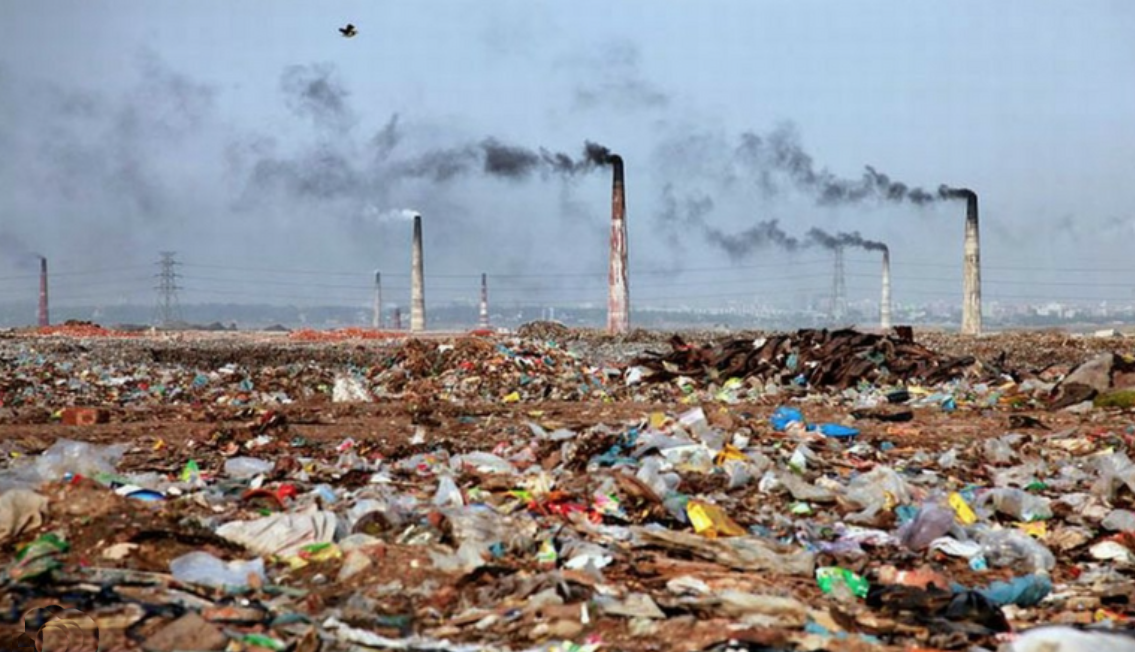Human activity has marked the beginning of a new geological era: the Anthropocene. Although its genesis is usually associated with industrialization, it is in the middle of the last century that its great acceleration starts.
In the renowned publication The trajectory of the Anthropocene: The Great Acceleration (2015), the origin of this period is traced from the evolution of a series of indicators, such as greenhouse gases, ozone depletion, climate change, coastal erosion, nitrogen cycle, the reduction of tropical forests, land degradation and the integrity of the biosphere, whose magnitude denotes the emergency we are currently experiencing.
With the arrival of neoliberalism, the market expands into previously forbidden areas, deregulation advances, the world becomes flat: we are in the years of “hyperglobalization”, a term coined by the renowned Harvard economist Dani Rodrik to describe a period of great social conflict. Andreas Novy (2022) readapts Rodrik’s political trilemma by inserting ecological restraint.
All of these authors evoke Karl Polanyi, one of the most ardent critics of both unbridled liberalism and the fascism that emerged Between the Wars. Rereading Polanyi in times of climate emergency implies focusing the analysis on nature and the place of the market in solving the climate challenge or reversing biodiversity loss. It also implies rethinking the mode of production as well as globalization.
To show the seriousness of the problem, we could detail the numerous species, animals, and plants that are in danger of extinction. We are also witnessing extreme events; global warming is driving environmental catastrophes that are becoming more virulent every day. The climate emergency is superimposed on the biodiversity crisis; thus, different types of shocks and the way in which they are potentiated to generate an overlapping crisis (polycrisis) are interrelated.
Returning to Novy’s rereading of Rodrik, the policy trilemma presents three alternatives of economic-social organization: globalization, which is related to neoliberalism; a nationalist solution, which in the Latin American context we link to neodevelopmentalism; or a socio-ecological transformation. The latter implies, on the one hand, a process of greater participation in socioeconomic decision-making (democratization). On the other hand, it leans toward multilateralism (global governance), although he highlights the need to change many of the institutions that, due to neoliberalism, have empowered investors.
If we consider the green package introduced by the European Union, the growing repudiation of the Energy Treaty is a relevant institutional change. The introduction of a Carbon Border Adjustment Mechanism (CBAM) marks Brussels’ interest in becoming a “green” soft power. The current transformation process can be understood as a bid to leave behind ordoliberalism, which could well be framed as an attempt to recreate a socially and environmentally embedded liberalism.
Another is the situation in Latin America, whose leaders deny the externalities generated by the production pattern. Neoliberals and neodevelopmentalists consider it a cost to be assumed by society in pursuit of progress. Few seem willing to listen to the complaints of those who suffer from the advance of mega-mining, oil exploitation, agribusiness, the destruction of forests, water pollution, and the disappearance of species.
Both models generate “sacrifice zones”
Both share tensions and crises, as well as reproducing a dislodged economy that functions outside of society, which explains the democratic weakness evident in the region and resembles the reality that Polanyi captured in the Great Transformation.
Seen from the Latin American perspective, the “double movement” that emerged in the 1990s imposed the free market while expanding the rights of indigenous communities (based on the recognition of Resolution 169 of the International Labor Organization [ILO]). In a region with more than 45 million people and more than 800 groups, recognition of indigenous rights became a political priority. The advent of democracy also raised the need to advance the environmental agenda, and later the recognition of the rights of nature would begin. Simultaneously, however, a new macroeconomic configuration was also imposed, which allowed the elites to arbitrage capital and put their surpluses in some tax haven.
Years later, the entry of China only consolidated the insertion model. But this not only exhibits greater economic volatility, but also imposes strong political tensions, and environmental activism becomes a high-risk activity for those who fight to preserve the environment.
More recently we have seen the approval of the Escazú Agreement which, in addition to enshrining rights such as access to justice, access to environmental information, and the right to participate in decision-making, imposes on the state the obligation to prevent and investigate this type of attack.
There is consensus that strengthening the rights of indigenous peoples would increase the prospects of compliance since indigenous communities have historically protected biodiversity. And this is the first issue that conservative sectors attack, as in Peru, where after the institutional conflict that ended with the departure of Pedro Castillo from the government, the elites are pushing to strip these communities of their rights and reduce nature reserve areas. The project threatens the rights and lives of peoples who, to date, have lived in isolation. A similar advance was observed under the government of Jair Bolsonaro, who allowed the advance of the most savage extractivism in the Amazon. The arrival of Lula to the government would change this trend, in his inauguration speech he emphasized: “Our goal is to achieve zero deforestation in the Amazon. It is not necessary to cut down any trees or invade our biomass”.
The present is full of tensions and conflicts, of progress and reverse. It is clear that the great acceleration cannot continue indefinitely, at least for those who recognize the planet’s limits and how close we are to disaster. The urgency of the situation should lead us to redefine the very concept of growth, to rethink the disinterest of the traditional economy in the loss of the biosphere and the destruction of the environment.
*Translated from Spanish by Janaína Ruviaro da Silva












